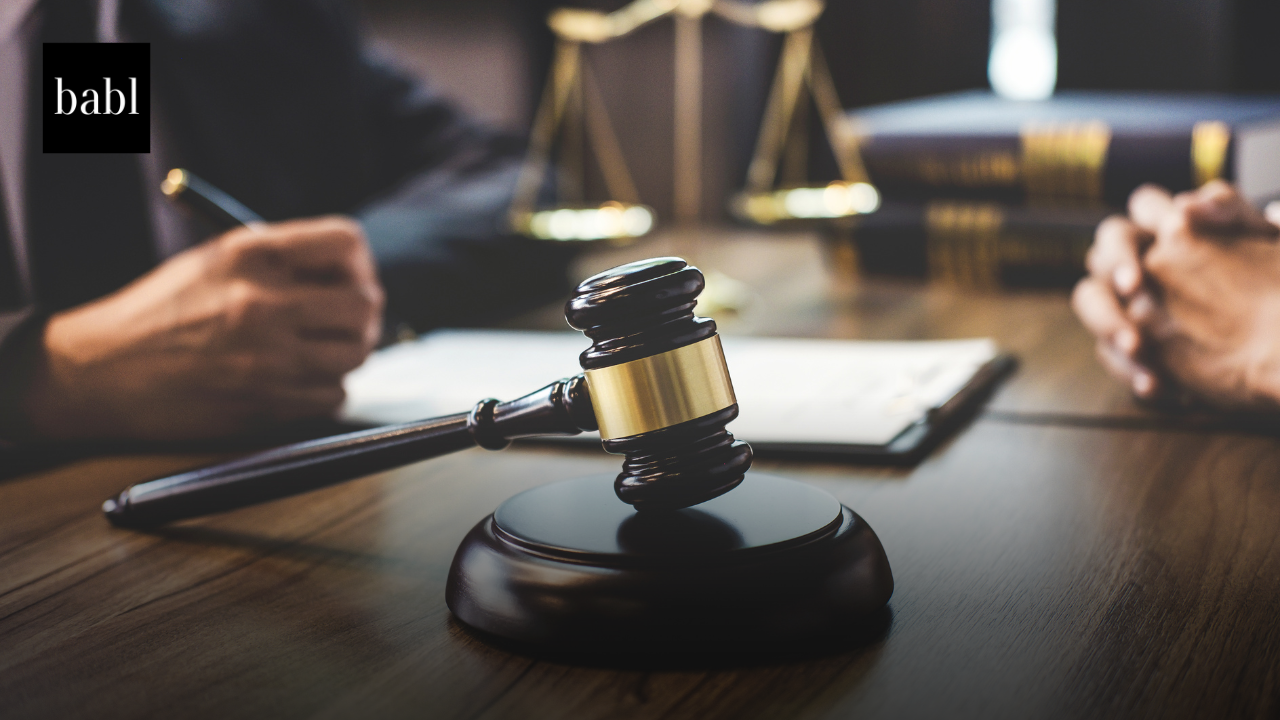UPDATE — SEPTEMBER 2025: Since the release of the IBA–CAIDP report, the legal sector has seen new regulatory and professional developments. The EU finalized its AI Act timeline, with bans on high-risk systems beginning late 2025 and most requirements rolling out between 2026–2027. In the U.S., the Office of Management and Budget expanded federal AI guidance, while the ABA updated its Model Rules to explicitly cover AI competence, and the New York State Bar Association issued stricter draft guidelines. China, meanwhile, extended its AI registry requirements to legal tech platforms. Law firm adoption is advancing into client-facing services with human oversight, and legal education bodies are now embedding AI literacy modules. The IBA has announced a 2026 working group to continue refining cross-border standards.
ORIGINAL NEWS STORY:
Legal Industry Braces for AI Transformation as New Report Highlights Urgent Need for Regulation
The legal industry has been discussed a recently released report, “The Future is Now: Artificial Intelligence and the Legal Profession,” published this year by the International Bar Association (IBA) and the Center for AI and Digital Policy, explores the transformative impact of artificial intelligence (AI) on the legal profession. As AI continues to reshape industries, including the legal field, the report highlights the challenges, opportunities, and ethical considerations facing law firms, regulators, and lawyers globally.
The report provides a comprehensive overview of AI’s current and future influence on the legal profession, emphasizing the need for robust AI governance, ethical guidelines, and regulatory frameworks to ensure responsible use. Drawing on input from various stakeholders, the report outlines key findings on how AI is already being implemented within law firms, particularly for back-office tasks like legal research, document management, and client communications. However, it notes that many firms are still in the early stages of testing AI for client-facing legal services due to concerns about confidentiality and ethical considerations.
Regulatory Frameworks Expanding Worldwide
A major focus of the report is the global regulatory landscape. It describes how the European Union, the United States, and China are advancing legal frameworks to address transparency, accountability, and fairness in AI systems. The EU AI Act receives particular attention as a broad legislative model that sets rules for AI use across sectors, including legal services. In the U.S., federal agencies are adopting their own AI policies. China has introduced expansive AI governance requirements as well. The report argues that these differing approaches make coordinated, cross-border standards increasingly important.
Ethical Challenges for Lawyers
The report warns that AI brings new ethical challenges to legal practice. Issues such as data privacy, client confidentiality, and the accuracy of AI-generated work demand closer scrutiny. The IBA stresses that lawyers must understand the risks and responsibilities tied to AI tools, especially as courts and regulators examine the role of automated systems in legal decision-making.It also emphasizes the need to update ethical rules to keep pace with rapid technological change and ensure lawyers maintain competence when using AI.
Best Practices and Recommendations
To help firms prepare, the report recommends adopting internal AI governance policies and offering training for lawyers and staff. Smaller firms, in particular, may benefit from structured guidance as they begin experimenting with AI. The IBA also encourages international cooperation to align regulations and prevent fragmented standards that could hinder legal innovation.
Need Help?
If you have questions or concerns about how to navigate the global AI regulatory landscape, don’t hesitate to reach out to BABL AI. Their Audit Experts can offer valuable insight, and ensure you’re informed and compliant.





